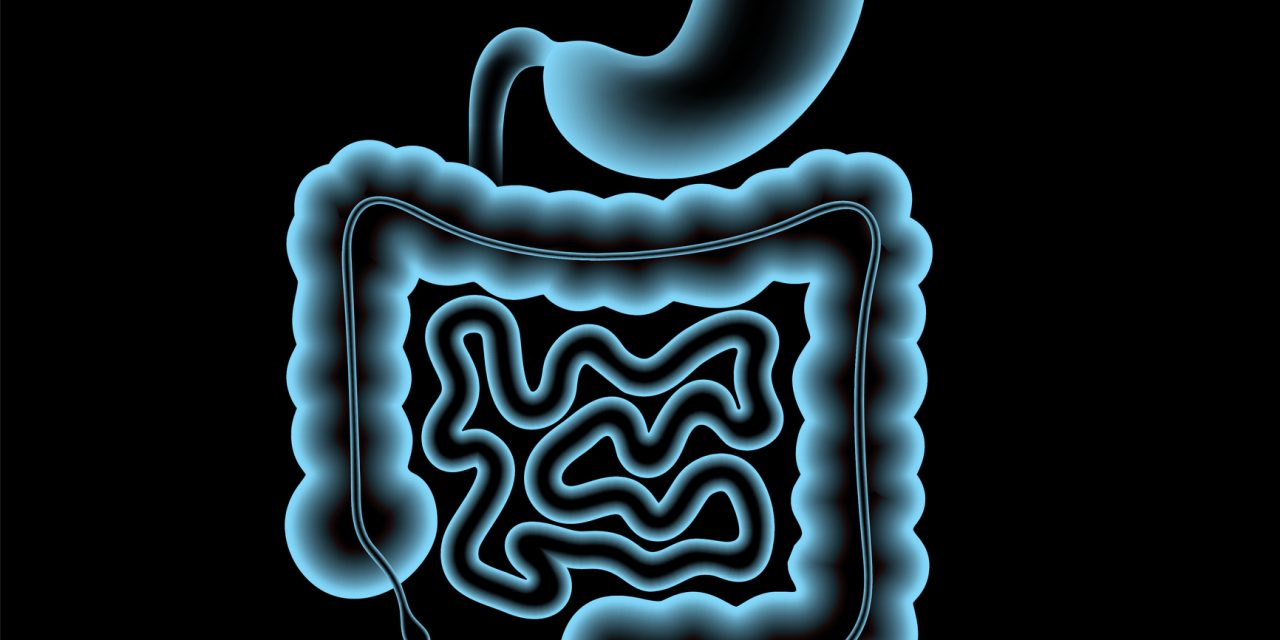Mastocytosis is a complex disease characterized by aberrant expansion and accumulation of clonal mast cells at tissue sites including the skin, bone marrow and gastrointestinal (GI) tract. Criteria for diagnosis of systemic mastocytosis includes characteristic bone marrow findings, a serum tryptase of >20 ng/mL, an activating point mutation at codon 816 of KIT, which is a tyrosine kinase and receptor for stem cell factor and abnormal mast cell immunophenotyping (expression of CD25/CD2). In addition to symptoms such as flushing, anaphylaxis and musculoskeletal pain, patient with mastocytosis exhibit gastrointestinal manifestations that overlap with irritable bowel disease (IBS) and include diarrhea, abdominal pain, gastroesophageal reflux disease (GERD), as well as nausea and vomiting. While mechanisitic pathways leading to symptomatology in irritable bowel disease are unclear, increased intestinal permeability likely as the result of the effects of mast cells have been proposed to contribute to its pathophysiology. As an outgrowth of these functional and mechanistic observations in patient with IBS we sought to determine in patients with mastocytosis if there are alterations in gut permeability. We used an increase in serum levels of microbial translocation markers (MTMs) as surrogate indicators of GI integrity. Clinical manifestation and laboratory findings within the patient population were also segregated for MTMs subset analyses.This article is protected by copyright. All rights reserved.
A study of microbial translocation markers in mastocytosis.


